Skip to content
Industrial Control Systems (ICS) are the core support of modern industrial fields, encompassing various types of control systems, among which the Supervisory Control and Data Acquisition (SCADA) system, Distributed Control System (DCS), Programmable Logic Controller (PLC), and Fieldbus Control System (FCS) are the most critical. These systems are not only widely used in power, water resources, oil and gas, chemicals, transportation, pharmaceuticals, food processing, and other industries but also serve as the cornerstone for the safe operation of national critical infrastructure. This article will deeply explore the SCADA system and its relationships and characteristics with PLC, DCS, and FCS.
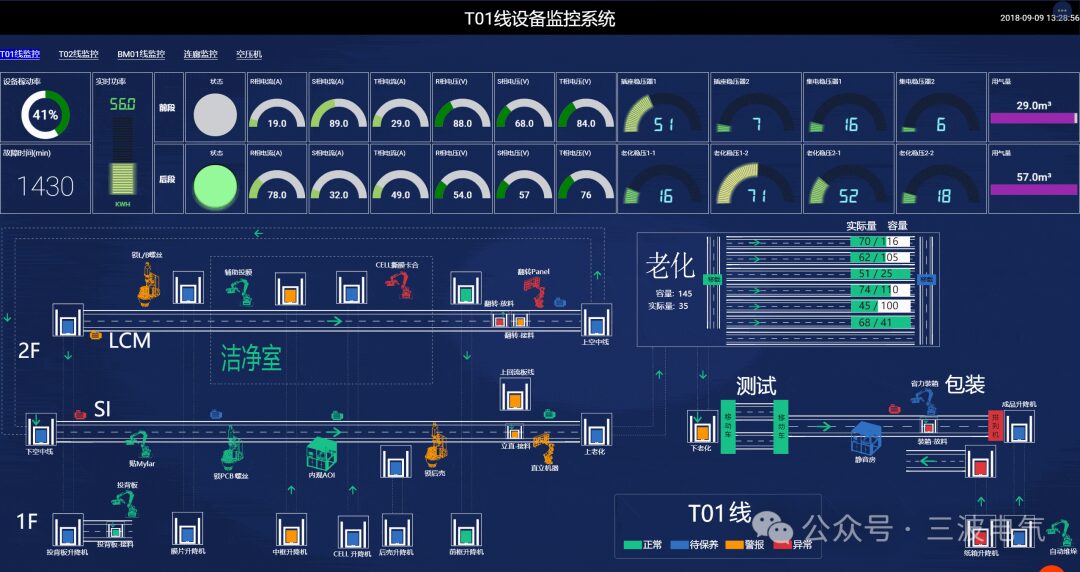
Overview of SCADA Systems
SCADA systems, or Supervisory Control and Data Acquisition systems, are highly distributed systems specifically designed for controlling geographically dispersed assets. They achieve monitoring and control of industrial processes by collecting, processing, and presenting data from Remote Terminal Units (RTUs) and Programmable Logic Controllers (PLCs). The core functions of SCADA systems include data acquisition, supervisory control, alarm management, and Human-Machine Interface (HMI).
Data Acquisition: Starting from the PLC or RTU level, equipment status reports and instrument readings are collected.
Supervisory Control: Operators monitor and adjust processes via HMI, although most control actions are automatically executed by RTUs or PLCs.
Alarm Management: When the system detects abnormal conditions, it triggers alarms and notifies operators and administrators via SMS, email, etc.
Human-Machine Interface: HMI provides a graphical user interface, allowing operators to intuitively monitor and control industrial processes.
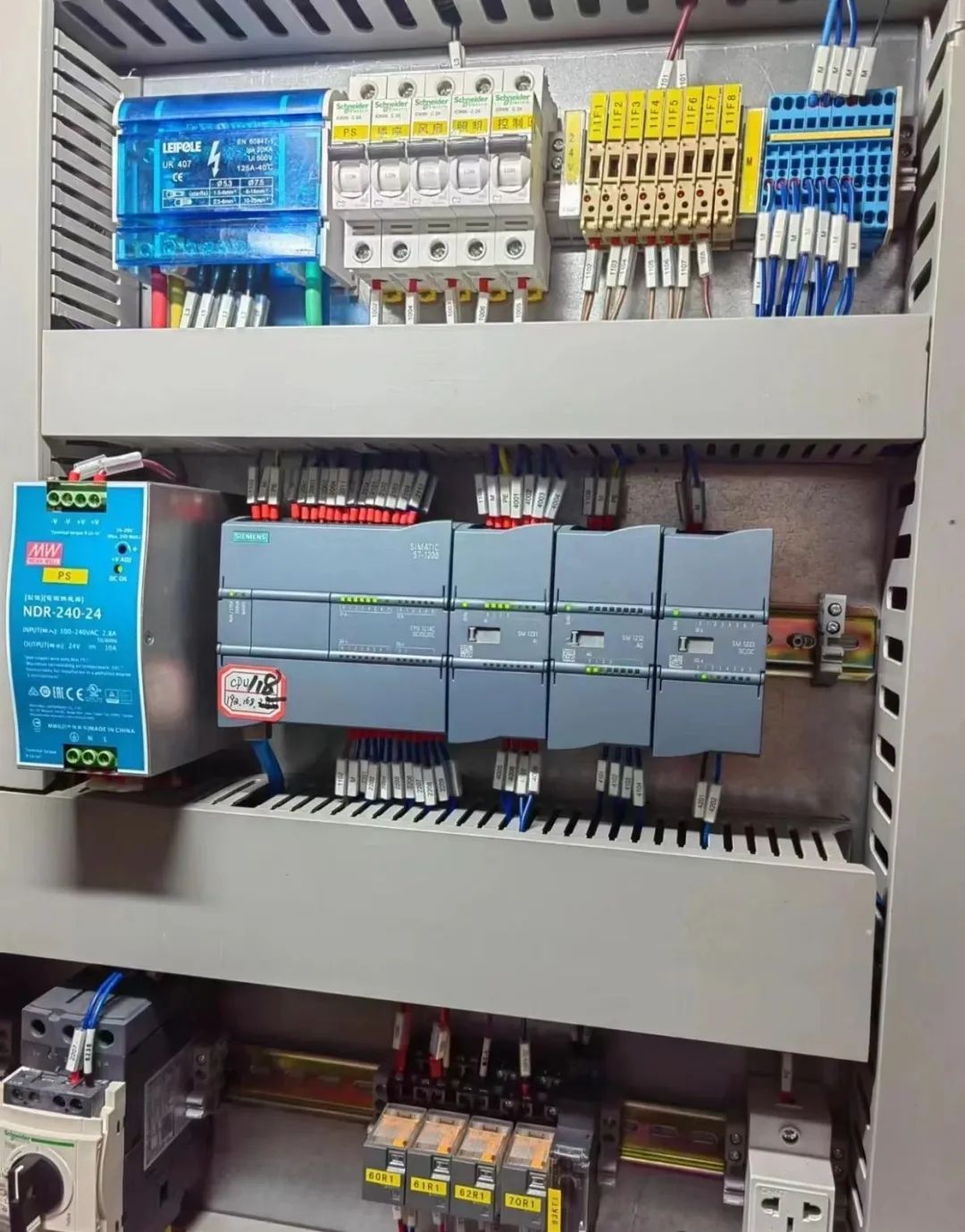
Three Major Industrial Control Systems
PLC (Programmable Logic Controller)
PLC is an electronic system designed for digital operation in industrial environments. It uses programmable memory to store instructions for executing logical operations, sequential control, timing, counting, and arithmetic operations, and controls mechanical or production processes through digital or analog input/output. PLC has become an important component in the field of industrial automation due to its high reliability and flexibility.
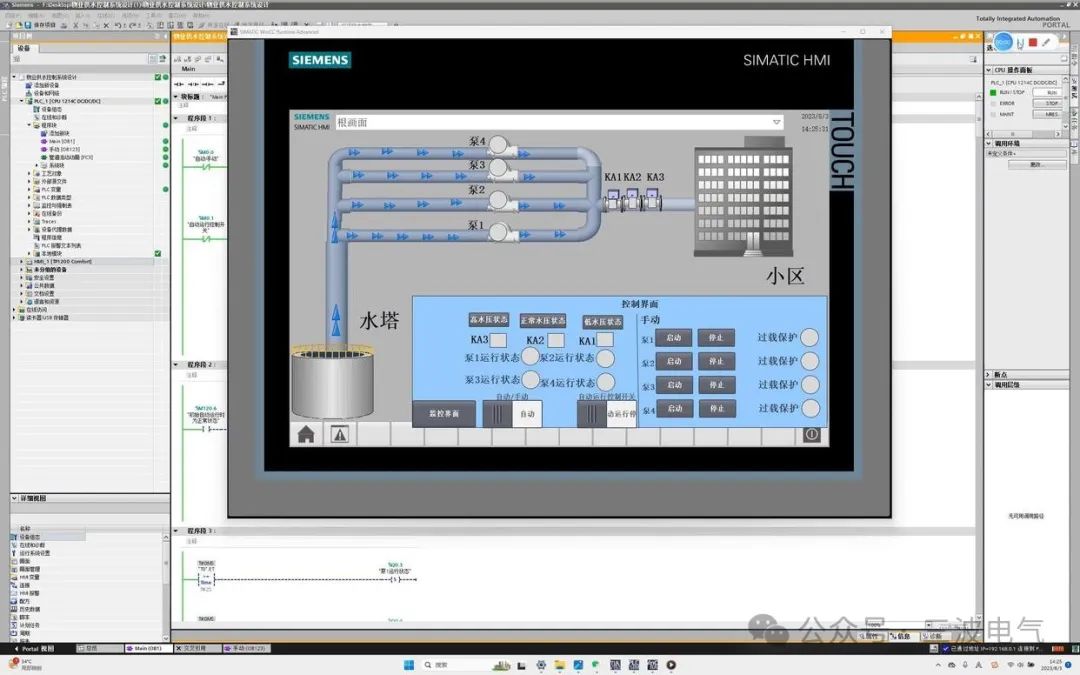
DCS (Distributed Control System)
DCS, also known as Computer Distributed Control System, combines control technology, computer technology, image display technology, and communication technology to achieve comprehensive monitoring, control, and management of production processes. The DCS system breaks the functional limitations of conventional control instruments, improving system reliability and flexibility, and is widely used in large industrial automation projects.
FCS (Fieldbus Control System)
The core of FCS is the bus protocol, based on digital intelligent field devices, essentially localizing information processing. The FCS system connects field devices to the control system via fieldbus, enabling high-speed, bidirectional, multi-node communication between devices, increasing the integration and flexibility of the system.
Architecture and Trends of SCADA Systems
SCADA systems have evolved from the first generation of mainframe systems to the second generation of distributed systems and then to the third generation of networked systems. With the continuous development of network technology, SCADA systems are gradually adopting standard protocols and open interfaces, such as TCP/IP and Modbus TCP, improving system interoperability and scalability.
At the same time, SCADA systems also face increasingly severe security challenges. As these systems are often connected to the internet, they are vulnerable to cyberattacks. To ensure the security of the system, a series of security measures must be implemented, such as using VPNs, firewalls, intrusion detection systems, and regularly conducting security assessments and vulnerability scans.
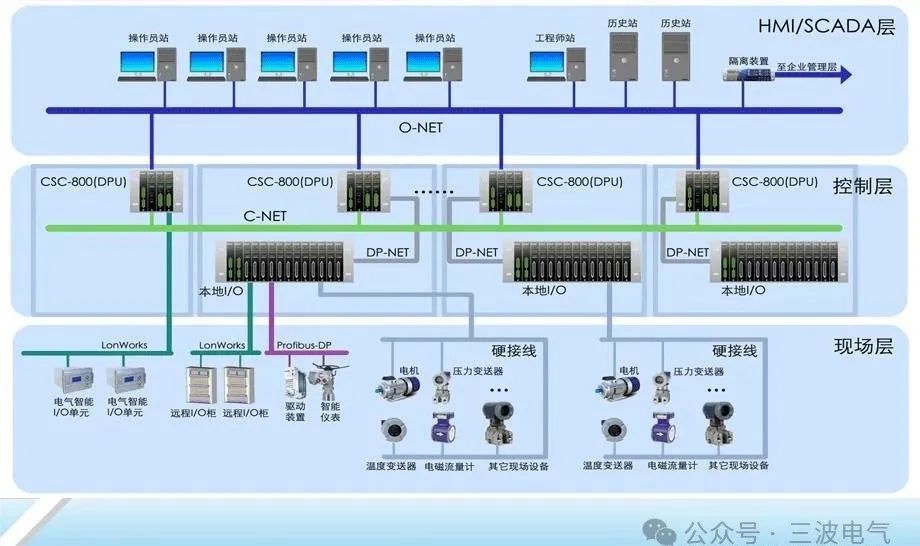
Security Issues of SCADA Systems
Despite significant progress in networking, the security of SCADA systems remains a critical issue. Since SCADA systems typically control the operation of critical infrastructure, an attack could severely impact social economy and national security.
To address this challenge, it is necessary to strengthen security measures for SCADA systems. This includes enhancing physical security, network security, and application security. Additionally, operators’ security awareness and skill levels need to be improved to ensure they can properly respond to various security incidents.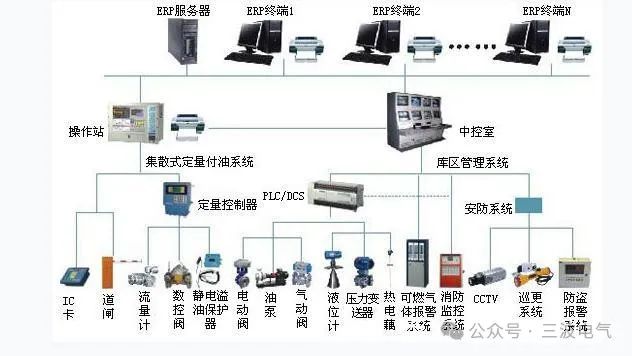 As an important component of industrial control systems, SCADA systems play a crucial role in the field of industrial automation. With the continuous development of technology, SCADA systems are gradually evolving towards more open, intelligent, and secure directions. However, security issues remain one of the key factors restricting their development. Therefore, we need to continuously strengthen security measures for SCADA systems to ensure they can operate safely and reliably, providing strong support for the development of the industrial automation field.
As an important component of industrial control systems, SCADA systems play a crucial role in the field of industrial automation. With the continuous development of technology, SCADA systems are gradually evolving towards more open, intelligent, and secure directions. However, security issues remain one of the key factors restricting their development. Therefore, we need to continuously strengthen security measures for SCADA systems to ensure they can operate safely and reliably, providing strong support for the development of the industrial automation field.









